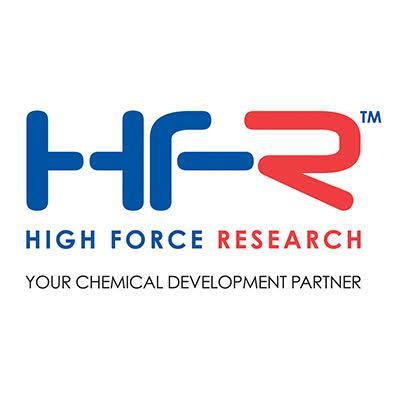Cohort 1 (2019-2023)
 Matthew Smith
Matthew Smith
- CDT Doctoral Researcher Supervisor: AnnMarie O'Donoghue
- Email: Matthew.s.smith2@durham.ac.uk
- Project Title: Nitron Derivatives to Blatter Radicals: Novel Anticancer Prodrugs and Mechanistic Probes
Institution: Chemistry at Durham University, biological testing at Newcastle University (Centre for Cancer)
Project Summary: I am implementing a recently-discovered facile reaction of the simple heterocycle Nitron to give isolable benzotriazinyl (‘Blatter’) radicals, these have been implicated as cytotoxic DNA-damaging species in the mechanism of action of tirapazamine (a hypoxia selective cancer drug currently in clinical trials).My work also expands on the literature synthesis of Blatter radicals from 1,2,4-benzotriazines, which is advantageous given the ability to access an untetheredC(3)-amino group for further derivatization.
I am also undertaking biological evaluation of the broad range of novel Blatter radicals synthesised in the project, with the aim to provide a previously unexplored, unique mechanistic probe for the origin of tirapazamine hypoxia-selective cytotoxicity. In addition, Nitron and synthetic derivatives will be explored as alternative prodrugs to tirapazamine for in situ access to benzotriazinyl species.
Additionally, my research involves the incorporation of Blatter radicals into peptide and peptidomimetic scaffolds to probe the potential use of these persistent radicals as spin probes. Successful implementation of Blatter radicals in this manner would allow for better understanding of the structure, dynamics and conformational changes of biomacromolecules.
Publications:
Triazolium Salt Organocatalysis: Mechanistic Evaluation of Unusual Ortho-Substituent Effects on Deprotonation
P. Quinn, M. S. Smith, J. Zhu, D. R. W. Hodgson and A. C. O’Donoghue, Catalysts, 2021, 11, 1055.
Article link: www.mdpi.com/2073-4344/11/9/1055
Website: http://www.matthewsmith.carrd.co
Interesting fact: When l was at secondary school, l won the award for ‘most likely to become a scientist’.






















